BP’s profits surge, but the company’s growth is far from guaranteed
BP profits are at their highest in a decade, and it looks to be a business firing on all cylinders. But its future is far from certain, says Rupert Hargreaves.

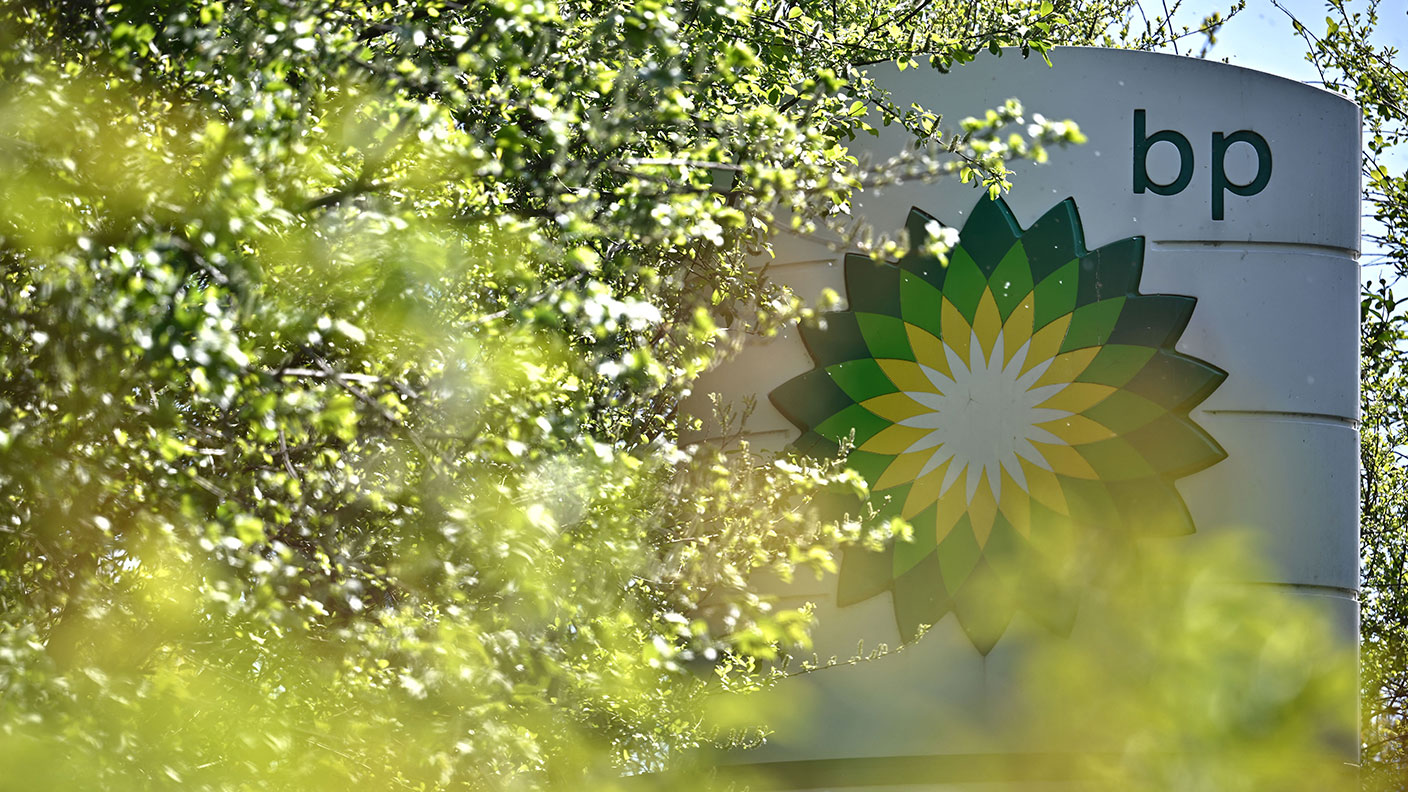
Get the latest financial news, insights and expert analysis from our award-winning MoneyWeek team, to help you understand what really matters when it comes to your finances.
You are now subscribed
Your newsletter sign-up was successful
Want to add more newsletters?

Twice daily
MoneyWeek
Get the latest financial news, insights and expert analysis from our award-winning MoneyWeek team, to help you understand what really matters when it comes to your finances.

Four times a week
Look After My Bills
Sign up to our free money-saving newsletter, filled with the latest news and expert advice to help you find the best tips and deals for managing your bills. Start saving today!
Oil major BP reaped the rewards of a volatile energy market in the first quarter of 2022.
Supply disruptions and worries about a possible Russian oil and gas embargo sent hydrocarbon prices surging to multi-year highs, handing producers such as BP a windfall.
BP reported an average realised oil price of $50.90 per barrel for the first three months of 2022, compared to $26.84 a year ago. As a result, the business reported its highest quarterly profit in a decade.
MoneyWeek
Subscribe to MoneyWeek today and get your first six magazine issues absolutely FREE

Sign up to Money Morning
Don't miss the latest investment and personal finances news, market analysis, plus money-saving tips with our free twice-daily newsletter
Don't miss the latest investment and personal finances news, market analysis, plus money-saving tips with our free twice-daily newsletter
Underlying profit on a replacement cost basis hit $6.2bn for the first three months of the year, up 138% year-on-year and smashing analyst projections.
However, the group also booked a pre-tax charge of $24bn on its 19.75% stake in Russian oil producer Rosneft, which meant that it incurred a paper loss of $20.4bn for the quarter.
BP pushes forward with growth as cash flow booms
Despite the Rosneft writedown, which everyone knew was coming, BP’s report was full of good news for investors.
Strong cash generation means the company is both able to reduce debt and invest heavily in managing its transition towards “greener” energy. Net debt fell to $27.5bn at the end of March, down from $30.6bn at the end of 2021 and $38.9bn at the end of 2020.
Capital spending during the period totalled around $3bn, with just under $1bn going on gas and low-carbon energy projects. BP made several deals to advance its position in wind power throughout the quarter, including a ScotWind lease option award of 1.45GW net. It also pushed ahead with its hydrogen strategy, announcing plans to develop H2-Fifty, a 250MW gross green hydrogen plant in Rotterdam.
BP expects to spend $14bn to $15bn on capital projects in 2022. This will partly be funded through asset sales, which raised around $1.2bn this quarter and are expected to total as much as $3bn for the year as a whole.
Shareholders are also set for bumper returns. During 2022, BP plans to return 60% of surplus cash flow via share buybacks, with the other 40% dedicated to strengthening its balance sheet.
That translates into BP buying back $2.5bn of shares in the second quarter after buying back $1.6bn in the first quarter, all while maintaining its current dividend.
Over the next three years, management believes the company can “deliver share buybacks of around $4bn per annum” and dividend growth of 4% a year. Those projections are based on an oil price of $60, which doesn’t seem overly optimistic.
BP keeps pursuing its “net zero” ambition
Windfall profits from high oil and gas prices are also allowing BP to push ahead with its plans to become a “net zero” business by 2050. The company aims to sell $25bn-worth of “legacy” assets by 2025 and cut its hydrocarbon output by 40% within the next decade.
At the same time, it will boost spending on low carbon and green energy projects including £18bn on the UK energy system. This move seems partly motivated by politics – oil majors are keenly aware of growing calls for a windfall tax on energy companies, so they need to show that they are willing to invest in the UK and to try to help deal with the cost of living crisis.
In all, BP’s first quarter figures appear to show a business firing on all cylinders – but as I have explored before, oil and gas production can be a tricky market. There’s no guarantee this good fortune will last.
Refinitiv broker estimates imply the company will report earnings per share of $0.89 (71p) this year, suggesting a forward price/earnings (p/e) ratio of 5.6, which does look cheap.
Still, if oil prices fall back next year, BP shares might not look so cheap. A dividend yield of 4.6% and share buybacks sweeten the appeal, but as I have explored before, BP’s future is far from certain. This uncertainty deserves a discount.
• See also:
Should you buy BP shares? The oil giant looks cheap, but approach with caution
Get the latest financial news, insights and expert analysis from our award-winning MoneyWeek team, to help you understand what really matters when it comes to your finances.

Rupert is the former deputy digital editor of MoneyWeek. He's an active investor and has always been fascinated by the world of business and investing. His style has been heavily influenced by US investors Warren Buffett and Philip Carret. He is always looking for high-quality growth opportunities trading at a reasonable price, preferring cash generative businesses with strong balance sheets over blue-sky growth stocks.
Rupert has written for many UK and international publications including the Motley Fool, Gurufocus and ValueWalk, aimed at a range of readers; from the first timers to experienced high-net-worth individuals. Rupert has also founded and managed several businesses, including the New York-based hedge fund newsletter, Hidden Value Stocks. He has written over 20 ebooks and appeared as an expert commentator on the BBC World Service.
-
 Can US small caps survive the software selloff?
Can US small caps survive the software selloff?US stocks have made their worst start to a year since 1995 relative to a global benchmark. But experts think some sectors of the market are still worth buying.
-
 Review: Eliamos Villas Hotel & Spa – revel in the quiet madness of Kefalonia
Review: Eliamos Villas Hotel & Spa – revel in the quiet madness of KefaloniaTravel Eliamos Villas Hotel & Spa on the Greek island of Kefalonia is a restful sanctuary for the mind, body and soul
-
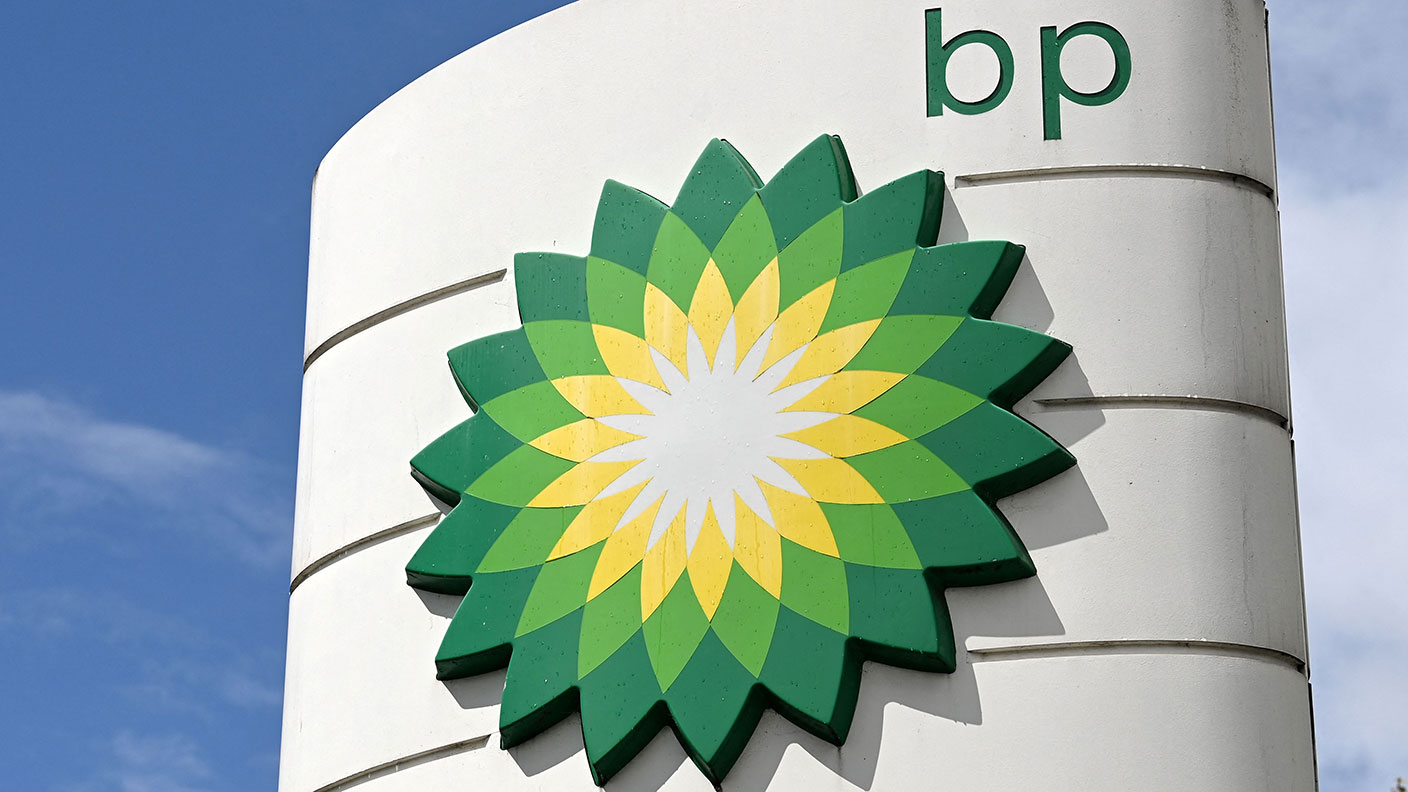 As oil prices surge, should you buy BP shares?
As oil prices surge, should you buy BP shares?Analysis The imbalance between supply and demand has sent the oil price surging, bringing bumper profits to oil giant BP. Rupert Hargreaves looks at the numbers and asks if BP shares deserve a place in your portfolio.
-
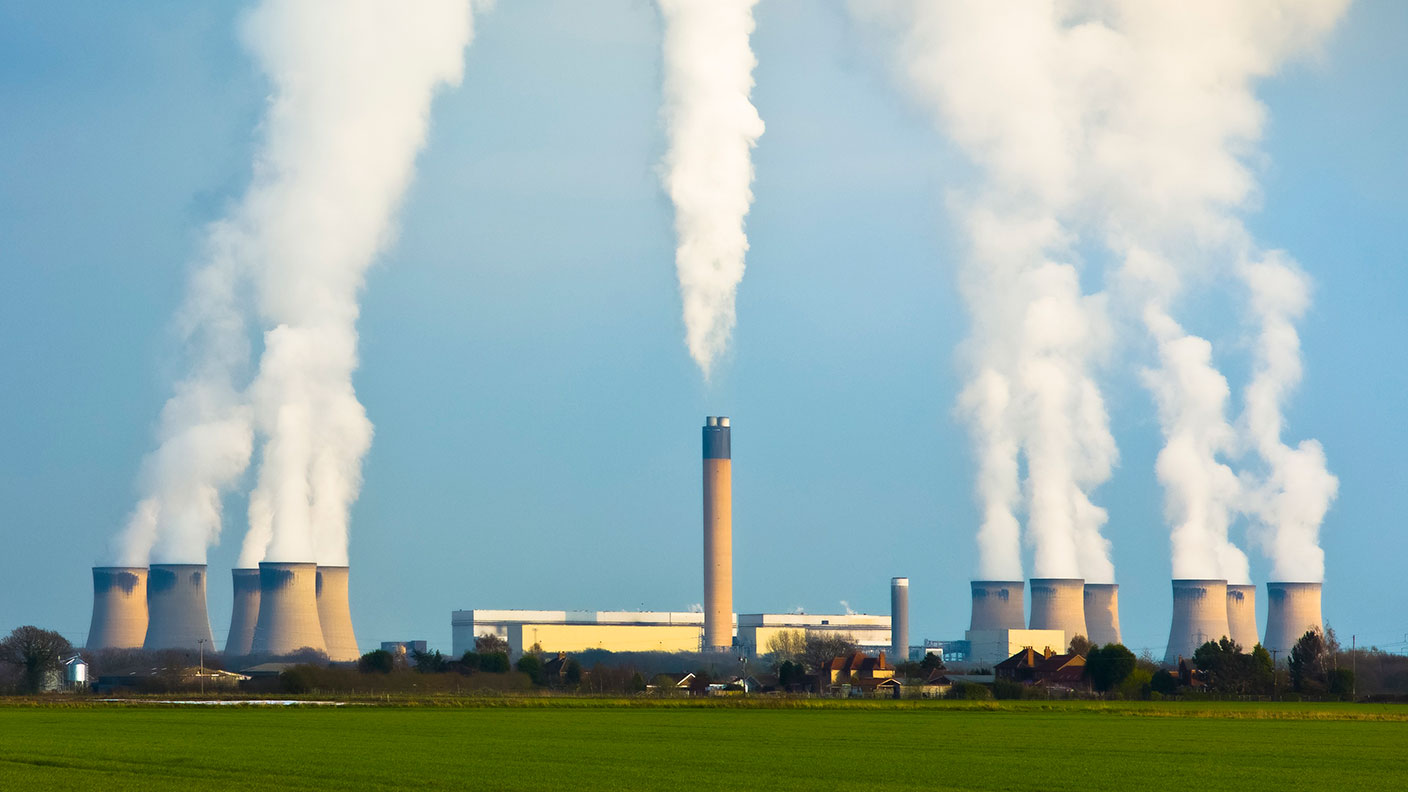 Should you be worried about energy windfall tax proposals?
Should you be worried about energy windfall tax proposals?Analysis Calls have been growing for a windfall tax on UK oil and gas producers. It's a popular idea, but is it a good one? And what does it mean for investors in the UK's energy companies? Rupert Hargreaves explains.
-
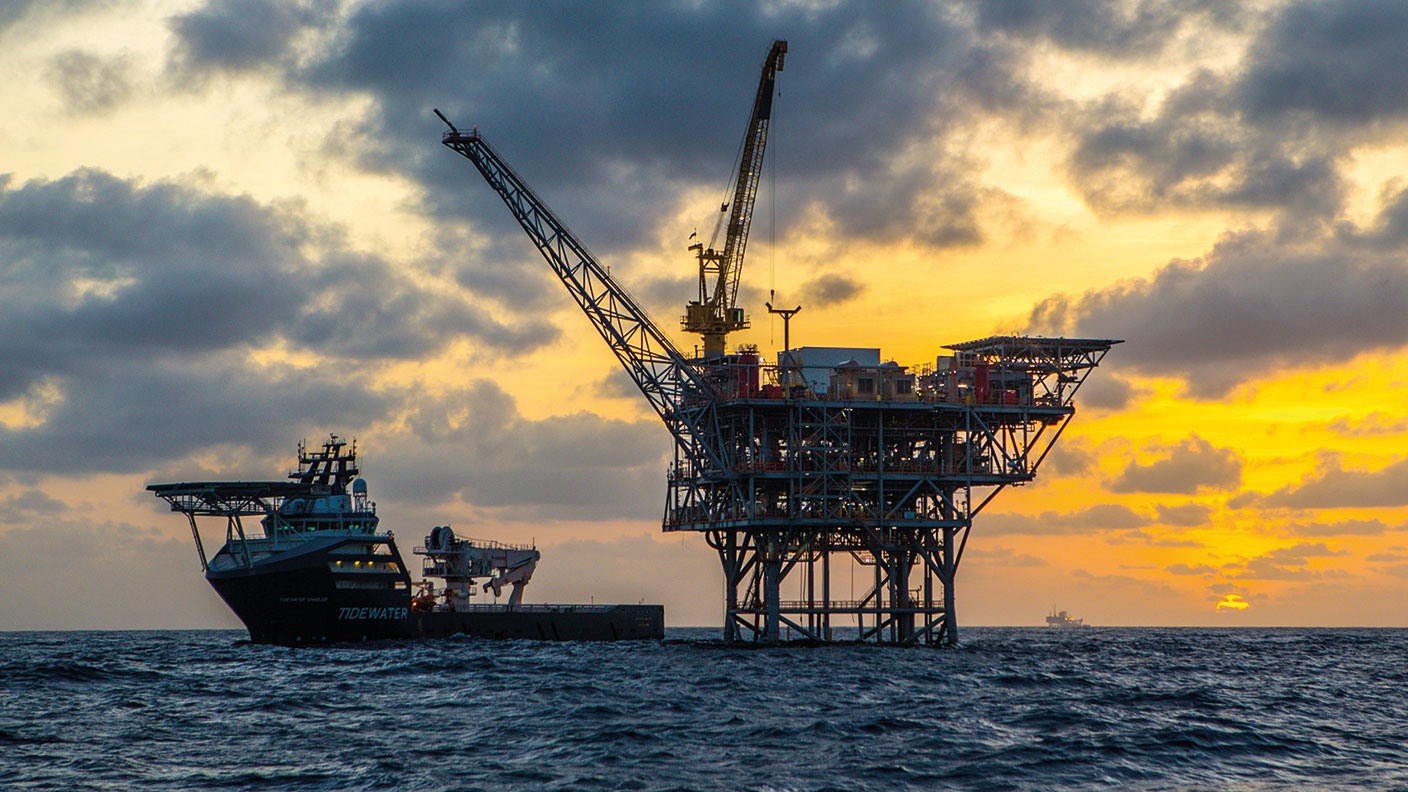 BP: really going “beyond petroleum” won't be easy
BP: really going “beyond petroleum” won't be easyNews BP is recovering and plans to become carbon neutral by 2050. Meanwhile, activist investors are targeting ExxonMobil. Matthew Partridge reports
-
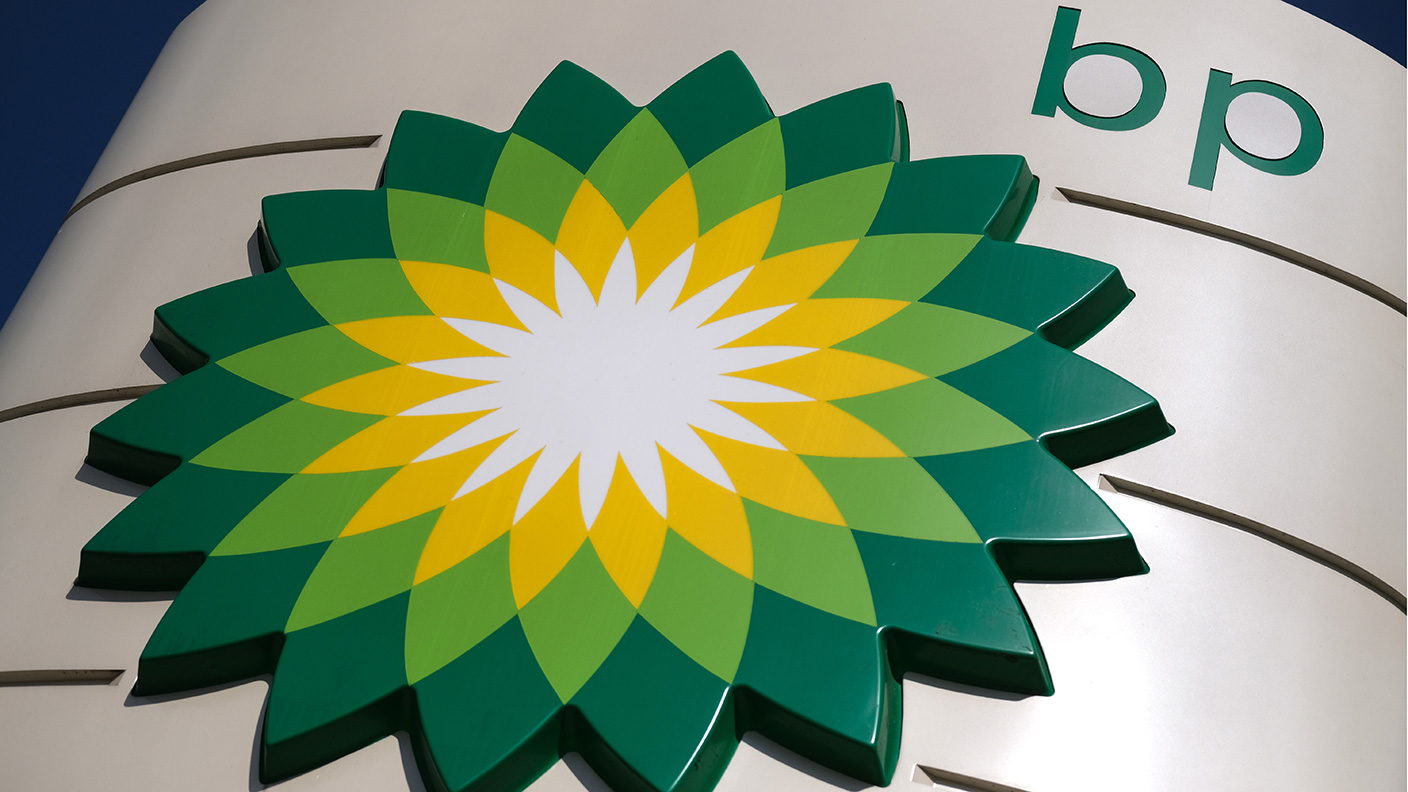 BP looks set to return more money to shareholders as it beats expectations
BP looks set to return more money to shareholders as it beats expectationsNews Oil major BP is to embark on a share buyback programme after significantly reducing its debts. Saloni Sardana looks at what it means for your portfolio.
-
 BP has slashed its dividend – and markets love it
BP has slashed its dividend – and markets love itOpinion BP has bowed to the inevitable and cut its dividend in half – and its share price promptly rose. John Stepek explains what it means for shareholders and for beleaguered income investors.
-
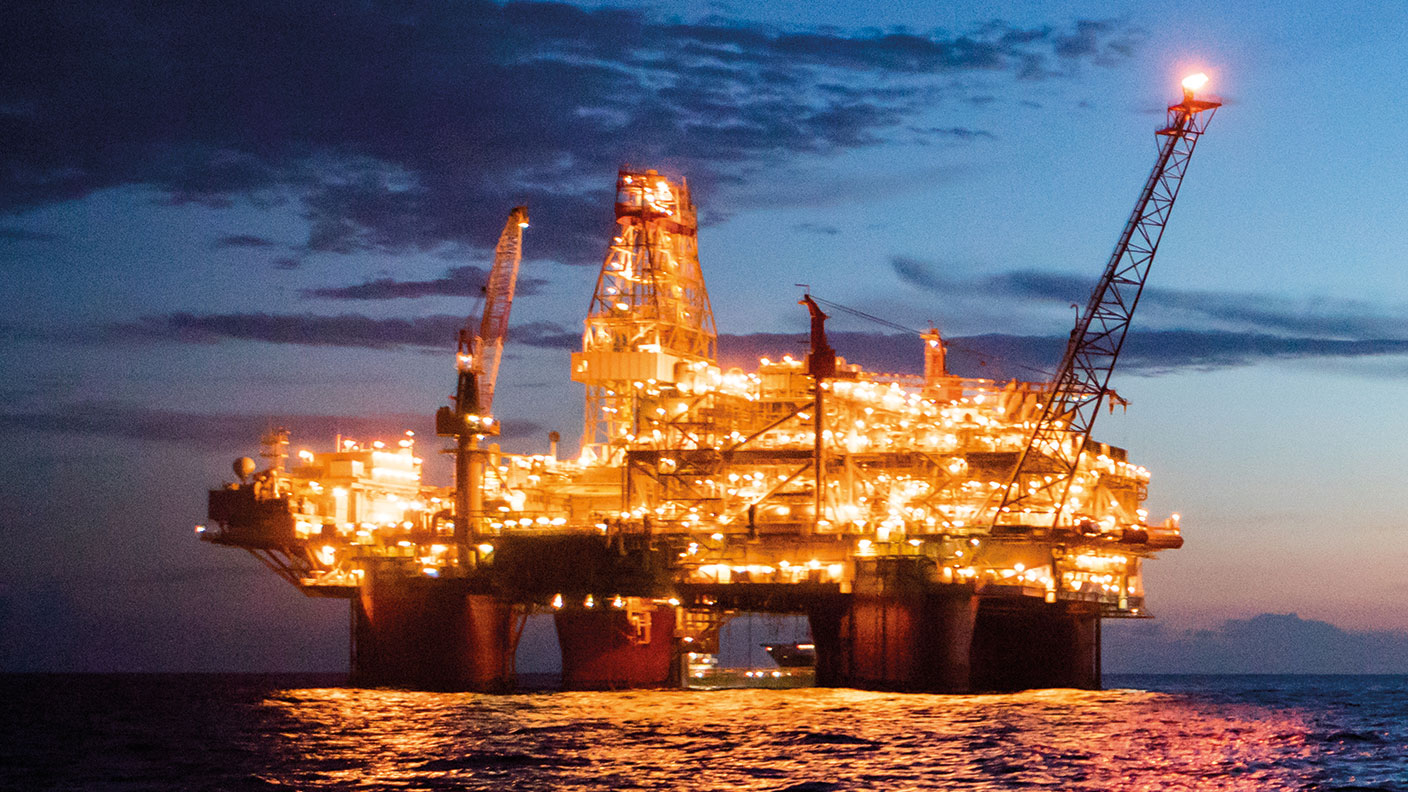 BP bows to reality as it writes down $17bn of assets
BP bows to reality as it writes down $17bn of assetsNews The oil giant has ditched its conspicuously bullish outlook and written down the value of its assets. Will it cut its dividend too? Matthew Partridge reports
-
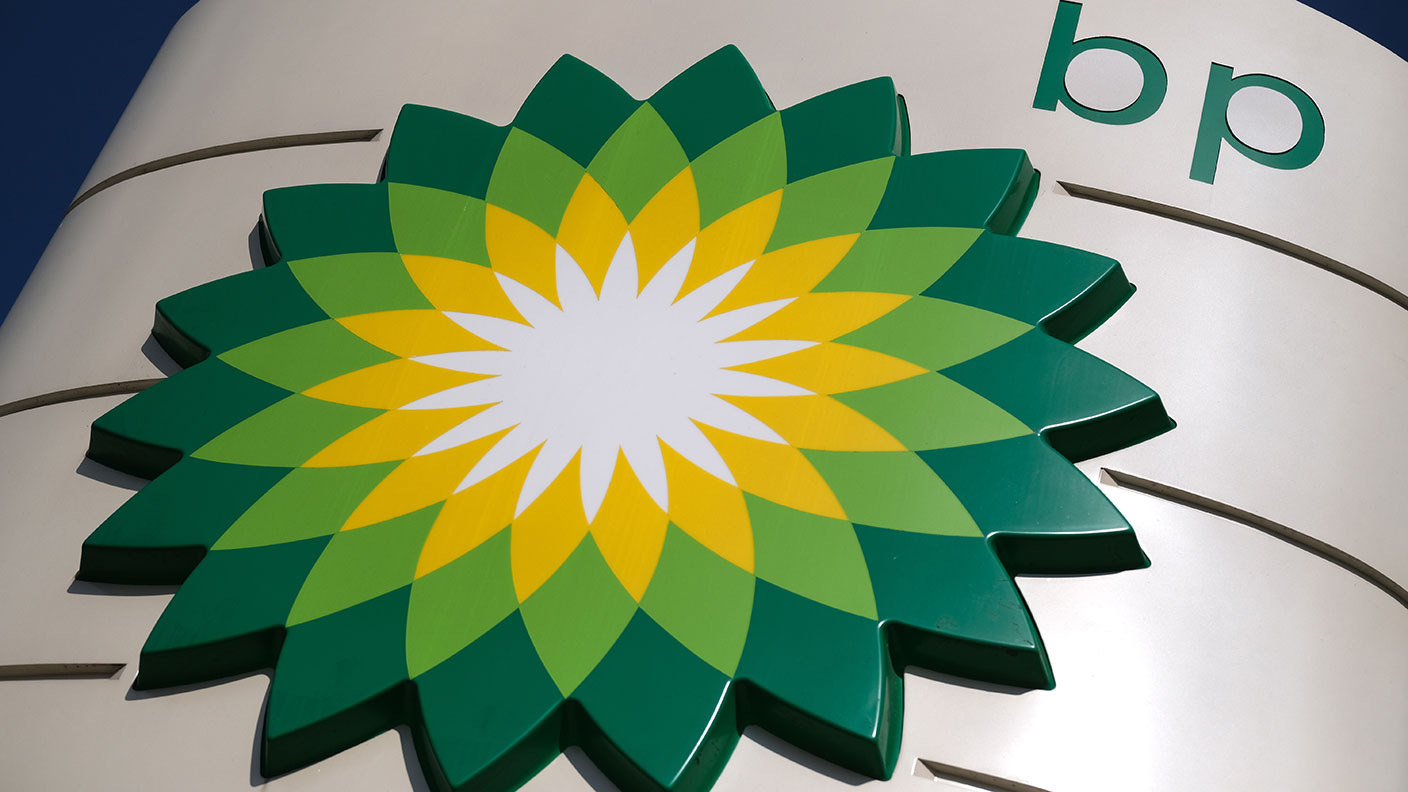 Watch out income investors – BP looks likely to cut its dividend in the near future
Watch out income investors – BP looks likely to cut its dividend in the near futureOpinion Oil major BP is writing billions off the value of its assets as it struggles to adapt to the changing world. Unlike Shell, however, BP hasn’t yet cut its dividend. But, says John Stepek, it’s only a matter of time till it does.
-
 How reliable is your income from dividend payouts?
How reliable is your income from dividend payouts?Tutorials Many blue-chip stocks are stretching their dividend payouts to the limit. Make sure you don’t pay the price.